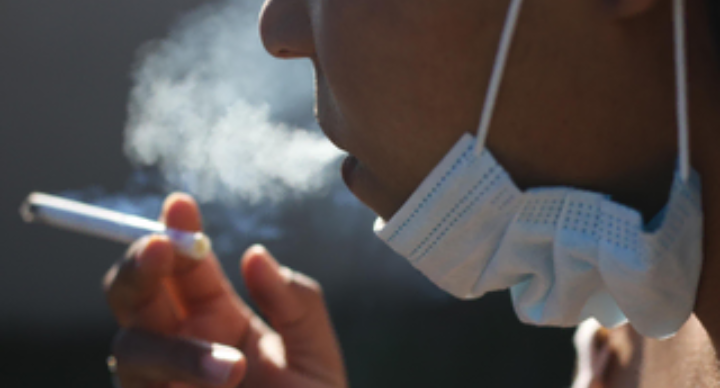To curb and prevent youth addiction to tobacco, Protect Our Next is moving into Mamelodi with an edutainment programme to encourage communities to pledge to be tobacco free.
The initiative by South Africa’s leading health organisations takes #SwitchoffTobacco to Mamelodi next Wednesday.
There will be discussions in schools, churches, taxi ranks, malls and community hot spots for more than a month. These will also spread out to other communities across South Africa.
Protect our Next is a partnership between South Africa’s leading health organisations, including the National Council Against Smoking, Cancer Association of South Africa, South African Medical Research Council, Heart and Stroke Foundation South Africa, and the South African Tobacco-Free Youth Forum.

People who smoke both e-cigarettes and traditional cigarettes are more likely to develop respiratory symptoms, according to a new study by researchers at the Massachusetts General Hospital
Together, the organisations are united in educating communities about tobacco, and in campaigning for the new Control of Tobacco Products and Electronic Delivery Services Bill to be passed, to better protect the health of the nation.
National Council Against Smoking deputy director Sharon Nyatsanza said that more than 80% of smokers smoked their first cigarette in their teens, and most smokers wished they had never started. It was clear that tobacco companies were active in the townships targeting these markets, she said.
“Communities like Mamelodi, a buzzing hot spot with an influx of people, need to protect themselves from tobacco industry manipulation and send a clear message that they will be tobacco-free. It’s up to communities to get involved and take action.”
Nyatsanza also said tobacco use was still too high in South Africa, and that about one in five adults smoked. This had a major impact on the health of communities and strained the health system, she said.
According to The Tobacco Atlas, every year more than 42 100 people in South Africa are killed by tobacco-caused disease, and these diseases cost the economy R42 billion each year. Still, more than 55 000 children (10-14 years old) and 6 141 000 adults (15+ years old) continue to use tobacco each day.
Nyatsanza added that passing the proposed Control of Tobacco Products and Electronic Delivery Services Bill, which was moving through its policy pathway in South Africa, was a vital part of better protecting communities.
The new bill requires that any indoor public place be 100% smoke-free, and would ensure outdoor public places were smoke-free, too. It would further ban smoking in private dwellings used for commercial child care and educational activities, and in cars carrying children under 18.
Cigarette advertising at tills and the sale of cigarettes via vending machines, which is a channel for young people to access cigarettes, will also be prohibited if this bill is passed into law.
Specialist scientist at the South African Medical Research Council, Dr Catherine Egbe, said it was important to close the legislative gap and prevent a new generation from becoming addicted to nicotine.
“The earlier children initiate tobacco use, the more difficult it will be for them to quit. The nicotine in tobacco and alternative products such as e-cigarettes is a highly addictive drug that can affect the development of young people’s brains.”
Egbe said it was important that the new bill sought to regulate e-cigarettes and vape products.
“Our current legislation predates e-cigarettes, and manufacturers have used the legislative vacuum to promote these devices and appeal to the youth – including marketing e-liquids, which come in a number of flavours to make them more appealing to young people.”
Source : IOL

